
20. The Dark Knight (2008)
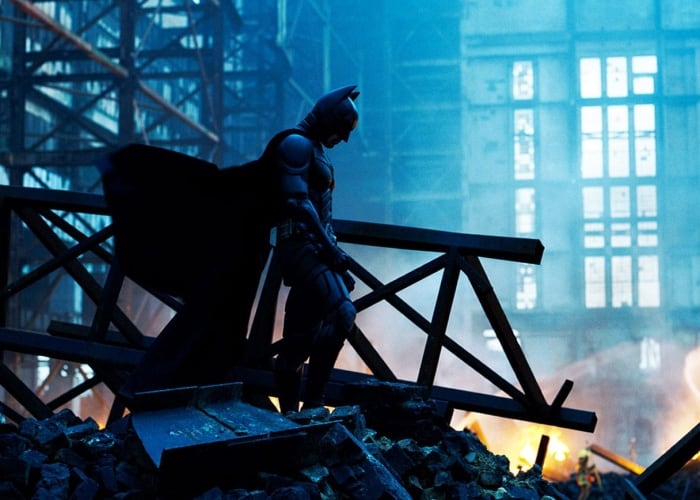
From the first moment to the last, Christopher Nolan’s second Batman film is so good that we are still stuck in an endless cycle of caped crusaders and Jokers as Hollywood takes us all on a quixotic quest to recapture that same high. Alternatively: remember how Joker was nominated for Best Picture but The Dark Knight wasn’t? Yeah. It’s embarrassing. (Ciara Wardlow)
19. Alien (1979)
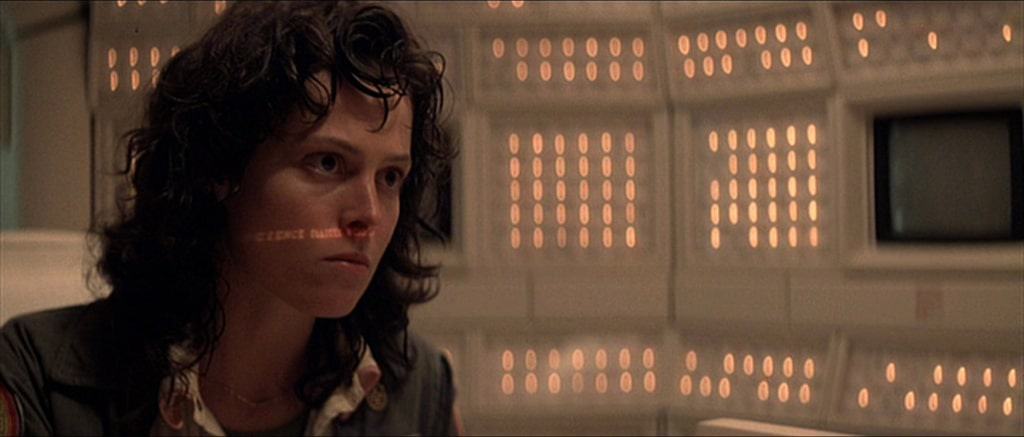
It’s hard not to get wistful thinking about how interesting a Best Picture line-up could be if the Academy wasn’t firmly in the pocket of the Drama genre. While science fiction tends to thrive in the Academy’s technical categories, its presence in the Best Picture slot is overwhelmingly muted. Alien is a stellar (pun intended) example of this. The Academy was all-too-happy to laud the film’s evocatively lived-in production design and nightmarish visual effects. But when it came time to dole out the Best Picture nominations, Ridley Scott’s blue-collar, space-set, creature feature was far too nasty for the highest pedigree. Scott has struggled throughout his career with accusations of being “too visual,” and one has to wonder if the same quality that earned Alien technical accolades excluded it from a shot at the big prize. Then again, the harder truth may simply be that the Academy is squeamish, that as far as they’re concerned there is no artistic reputability in anything this icky. (Meg Shields)
18. The Shining (1980)
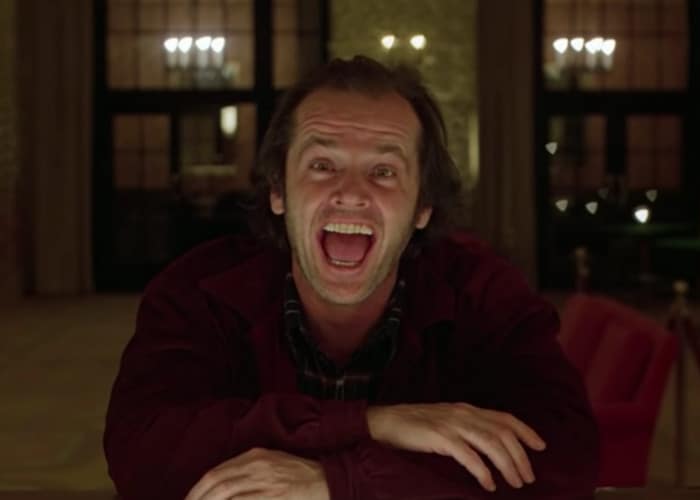
There are quite a few of Stanley Kubrick’s films on this list, but here’s the first: The Shining. Kubrick’s adaptation of Stephen King’s novel of the same name was released in 1980, a time before the label “elevated horror” when genre films were expected to be fast-paced and immediately terrifying, not the slow burns many have come to know and love thanks to A24. And yet, Kubrick defied those expectations to create a film oozing with a horrific atmosphere. Everything about The Shining is meant to make the viewer uncomfortable, right from the very opening as the Torrance family car snakes through the treacherous mountain roads towards the Stanley Hotel. Kubrick’s artful construction and measured pacing may have lost him a Best Picture nomination, but it won him a genre classic that continues to serve as inspiration for young filmmakers. (Mary Beth McAndrews)
17. Memento (2000)
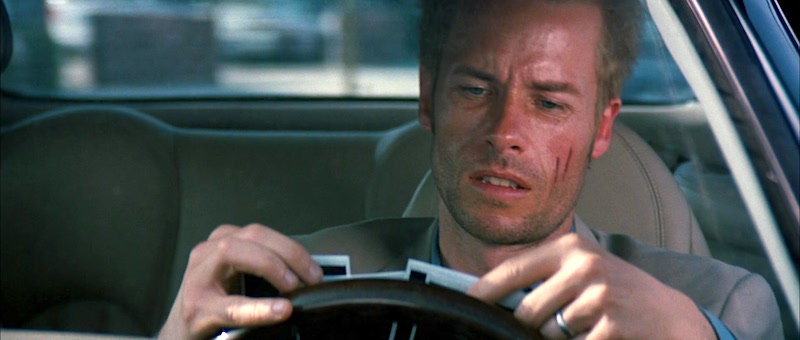
Memento ain’t no gimmick. The neo-noir told in reverse savagely tears into our extraordinary ability to be our own worst enemy. An eye for an eye will never satisfy. Revenge creates no closure. Christopher Nolan deconstructs classic tropes to expose universal truths. Memento sneaks up on its audience, knowing their desire to stay one step ahead, and delighting in their utter failure to do so. On that first watch, when the film hits its final beats, you can almost hear the minds of all around you exploding over your own mental eruption. Memento’s revelation was a game-changer, causing me to seek other films that land as strongly but rarely finding a better capper. The film creates an urge to untangle or cut apart and discover the mechanics that make it tick. Basically, it’s a film made for students and wannabes. (Brad Gullickson)
16. Eyes Wide Shut (1999)

If a Stanley Kubrick movie was given its fair due upon its immediate release, it wouldn’t be a Stanley Kubrick movie. Even after a career of bangers after bangers, the director’s final, posthumously-released movie, Eyes Wide Shut, only won a single award from any voting body: Best Foreign Film from the French Syndicate of Cinema Critics. The film was fairly positively well received, but in the last twenty years, it has had a cult-ish reclamation that asserts the movie isn’t just good, but great, perhaps even the director’s finest film. This is the reception it always should have received. And while no acclaim today can retroactively award the film an Oscar, it is nice to see the movie attain the status it deserves. (Anna Swanson)
15. Days of Heaven (1978)
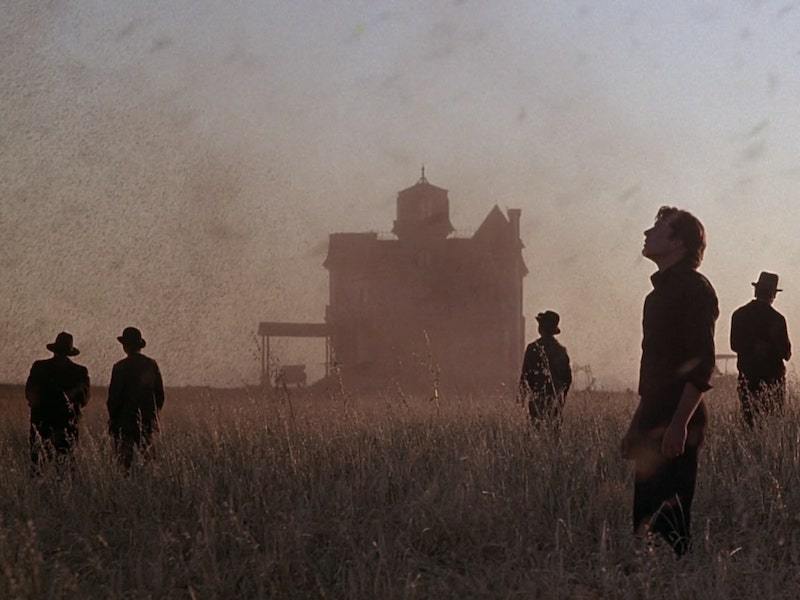
Terrence Malick’s relationship with Hollywood is perhaps best described as “aloof.” The gentle, free-form gait that defines his work is pointedly at odds with the analytical machinery that, you know, gets movies made. Ultimately Malick’s tendency to chase after butterflies is a good thing, as Days of Heaven unequivocally proves. He is a master of a craft that does not dominate his attention. And unfortunately, the Oscars have revealed a bias for stories and directors that confirm the industry’s self-interest and mythology. So when a film like Days Of Heaven — an achingly beautiful and patently wondrous piece of cinema — fails to find recognition beyond the technical categories, it’s difficult not to draw conclusions. I’d leave Hollywood behind for twenty years and go chase butterflies, too. (Meg Shields)
14. Heat (1995)
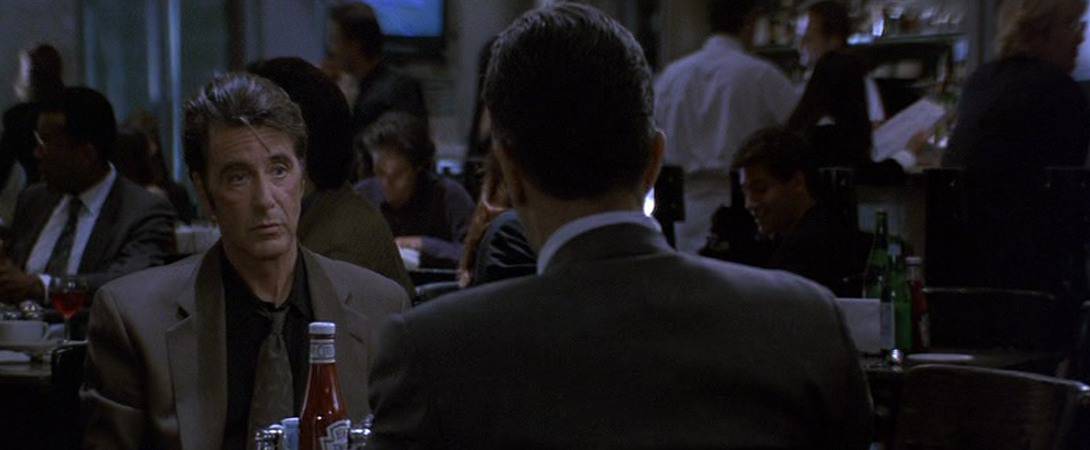
Where is Jimmy Hoffa? What’s going on in the Bermuda Triangle? Why wasn’t Heat nominated for Best Picture? The gaping absence of Michael Mann’s crime epic at the 68th Academy Awards — it didn’t receive a single nomination — is among one of history’s greatest unsolved mysteries. Heat should’ve been a shoo-in, carrying not just the clout of its heavyweight stars (who converged onscreen for the first time here) but real filmmaking gravitas, from its pounding score and thunderous sound design to its demolition derby-style stunts and Dante Spinotti’s brooding tableaus of LA. Heat’s icy coolness only accounts for part of its brilliance, though. Underneath that slick exterior, there’s something vital and tragic: Mann presses hard in unexpected places, sculpting an intricate meditation on intimacy and alienation, obsessive mania and sacrifice. This is less a cat-and-mouse chase than a life-and-death struggle between twin beasts, an existential match-up that would be thrilling to read on paper, let alone see played out by titans like De Niro and Pacino (who is at his flamboyant best here). Climactic coffee date aside, Mann fills Heat’s hefty runtime with so many tantalizing digressions that the parameters of the film seem to stretch on and on, beyond Neil and Vincent and out into the world. Mann’s humanistic curiosity adds unexpected textures to Heat in a way that makes it almost unnecessarily good, further marking its absence at the Oscars as one of the most baffling in the Awards’ history. (Farah Cheded)
13. Breathless (1960)
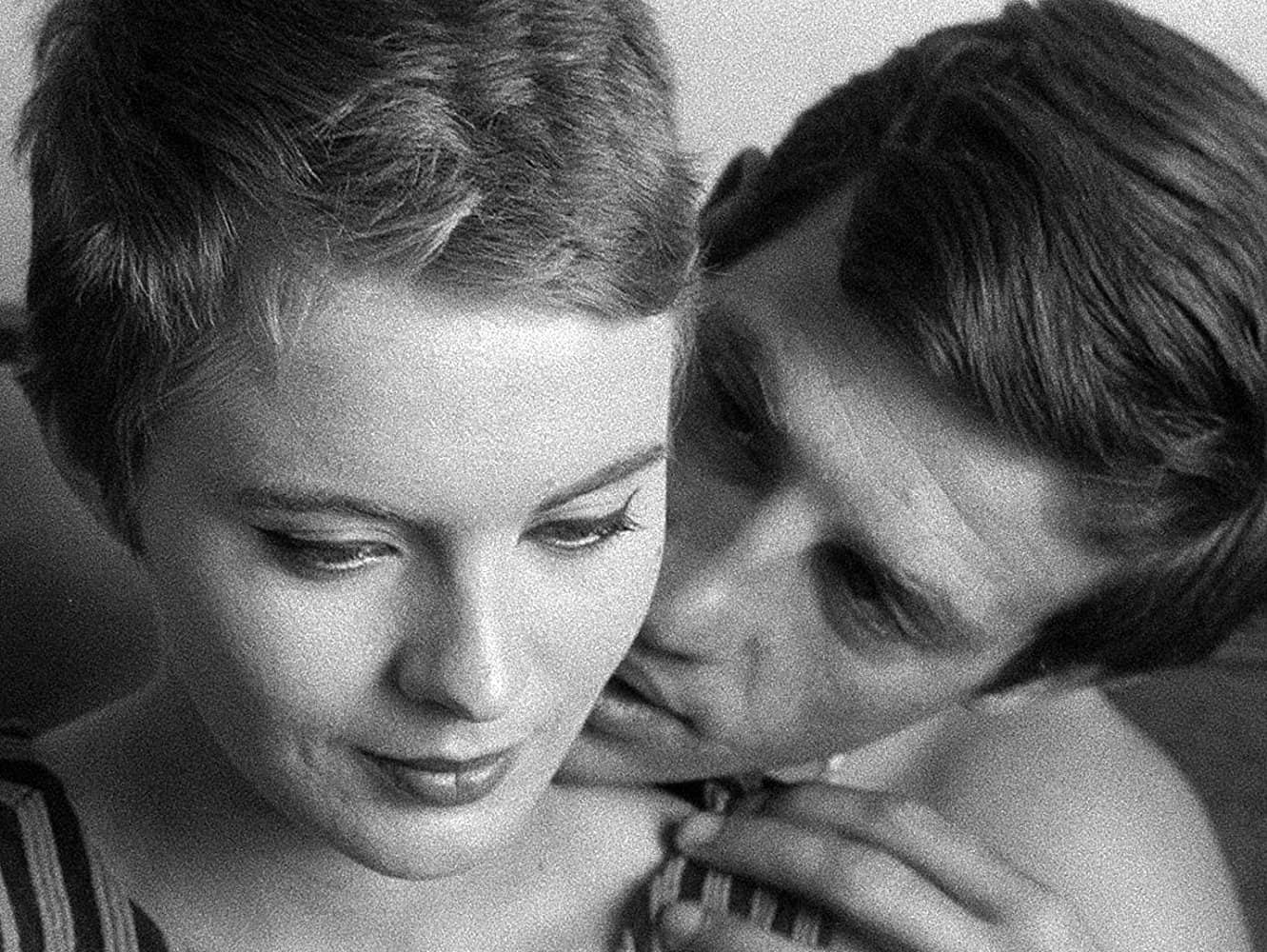
Jean-Luc Godard’s enormously influential debut feature sent an earthquake through cinema that helped trigger the breaking of the French New Wave, and would in turn go on to inspire the rebellious spirit of New Hollywood. Breathless was the clarion call of an angsty new filmmaking generation, one that worshipped Hollywood but adopted a punkish attitude to the idea of artistic authority. Unashamedly embracing icons of cinema like Bogart, Godard nevertheless took a freewheeling approach to filmmaking conventions in his radical riff on American gangster movies, remixing the classics with a heretic attitude to visual grammar. Breathless didn’t just help to sound the starting pistol of a movement — it’s also one of the best examples of inter-cinema dialogue in the medium’s history, the jarring language of which still feels exotic today. Neither Breathless nor Godard were ever nominated for an Oscar, a fact that the Academy sheepishly rectified by bestowing the director with an honorary award fifty years after the release of his iconoclastic debut. (Farah Cheded)
12. The Matrix (1999)
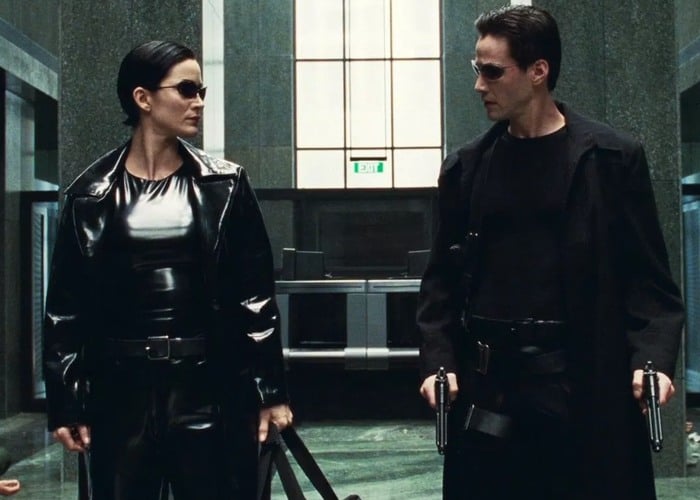
1999 was a good year for movies. Hell, it was an amazing year for movies. We got The Virgin Suicides, But I’m A Cheerleader, Magnolia, Eyes Wide Shut, The Mummy, and The Blair Witch Project. But, most importantly, we got the Wachowski sisters’ The Matrix, a crucial trans text and all-out movie marvel that combines amazingly choreographed fight sequences to deeper philosophical discussions about human existence. On a technical level, The Matrix got its Academy recognition in editing, sound editing, visual effects, and sound effects. But this film is more than a technical marvel; it’s an all-out inversion of audience expectations of science fiction. As seen in their previous film Bound, the Wachowskis know genre inside and out, giving them the ability to rewrite the tropes and create something utterly revolutionary; it redefined the action movie and just what such a film could be. This is not just a film about people in latex, but one about the complex navigation of identity and reality that questions the very core of who we are and where exactly we exist. (Mary Beth McAndrews)
11. Malcolm X (1992)
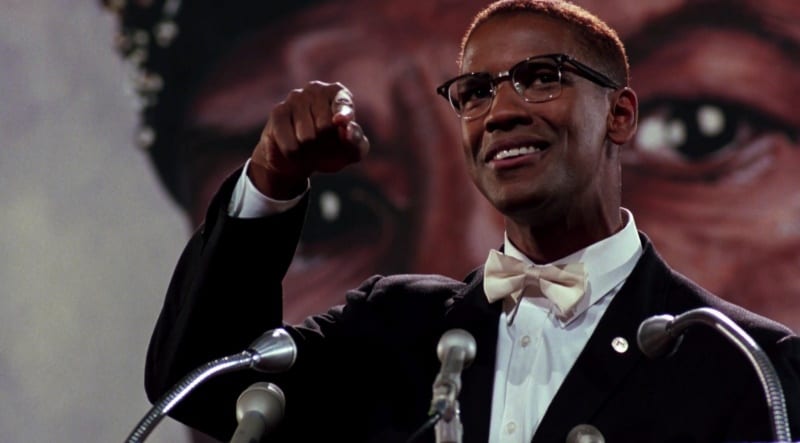
There’s much more to Spike Lee’s magnum opus getting left out of the conversation than Oscar taste. People of color have long been actively ignored by the Academy, which is made up of a historically old, white, and wealthy body whose votes throughout the years have made it abundantly clear that they find non-white art, no matter how transcendent, discomfiting. As far as snubs are concerned, Malcolm X is more famous for Denzel Washington losing out to Al Pacino for Scent of a Woman, despite Washington seeming like a shoo-in. But this historical epic is the kind of movie that deserved nominations in every category. Had it been about a significant white historical figure, it might’ve gotten them. Instead, the re-characterization of Malcolm X from the Black perspective only received two nominations and a lifetime’s worth of white suburban scorn. It is one of the Academy’s ugliest bouts of neglect. (Luke Hicks)
Related Topics: Academy Awards, Oscars

